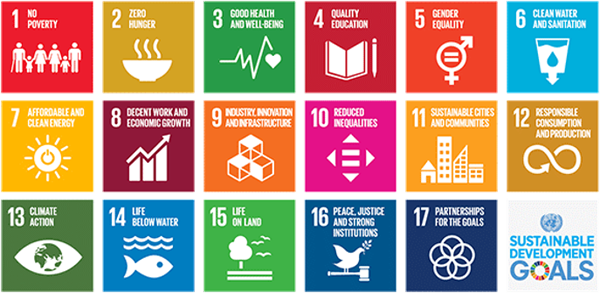RESPONSIBLE SPACE FOR SUSTAINABILITY
Satellites and other space-based assets are vital for the functioning of today’s societies and the global economy and trade. The digital economy, the fourth industrial revolution, agriculture, transport (across the transport modes – land/water/air), fishing, energy, finance, urban development, telecommunication, environmental monitoring, and the broad security chain. The economy and the daily life of contemporary societies are vulnerable, both in space-faring nations and, more broadly, in all countries increasingly using modern technologies.

The Earth’s orbital space environment constitutes a finite resource that is being used by an increasing number of States, international Organizations and non-governmental entities.
The proliferation of space debris, the increasing complexity of space operations, the emergence of large constellations and the increased risks of collision and interference with the operation of space objects may affect the long-term sustainability of space activities.
The growing number of space objects is also preventing astronomers to perform their study of the universe and celestial bodies. Addressing these developments and risks requires international cooperation to avoid harm to the space environment and the safety of space operations.
Space activities are essential tools for realizing the achievement of the Sustainable Development Goals. Hence, the long-term sustainability of outer space activities is of interest and importance for current and emerging participants in space activities, in particular, for developing countries.
The long-term sustainability of outer space activities is defined as the ability to maintain the conduct of space activities indefinitely into the future in a manner that realizes the objectives of equitable access to the benefits of the exploration and use of outer space for peaceful purposes, in order to meet the needs of the present generations while preserving the outer space environment for future generations. This is consistent with the Treaty on Principles Governing the Activities of States in the Exploration and Use of Outer Space, including the Moon and Other Celestial Bodies (Outer Space Treaty). Several initiatives are taking shape to promote responsible behaviour in space to promote the development of technologies that minimize the environmental impact of manufacturing and launching space assets and that maximize the use of renewable resources and the reusability or repurposing of space assets to enhance the long-term sustainability of those activities.
Voluntary responsible behaviour is premised on the understanding that outer space should remain an operationally stable and safe environment that is maintained for peaceful purposes and open for exploration, use and international cooperation by current and future generations, in the interest of all countries, irrespective of their degree of economic or scientific development, without discrimination of any kind and with due regard for the principle of equity.
